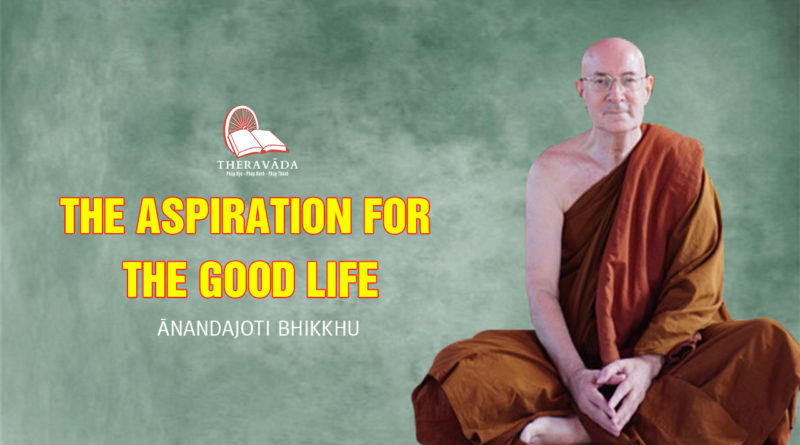The Aspiration for the Good Life
Ānandajoti Bhikkhu
The Bhadra-cari-praṇidhāna is one of the most important of the Mahāyāna texts, which is recited on a daily basis in many temples and homes throughout East Asia. It is found at the end of the Gaṇḍavyūhasūtra, which is the final section of the Avataṁsakasūtra, a huge work, or collection of works, which is one of the most influential texts in the Mahāyāna tradition. It is also found as a separate text and is then seen as summarising the greater work.
The text is based on a comparison of several editions:
Suzuki: The Gandavyuha Sutra, edited by Daisetz Teitaro Suzuki and Hokei Idzumi (Kyoto, 1934)
Vaidya: Samantabhadracaryāpraṇidhānam in Gaṇḍavyūha Sūtram edited by P. L.
Vaidya (Darbhanga, 1060), DSBC edition.
Pandey: Bhadracarīpraṇidhānastotram from Bauddha Stotra Saṁgraha, edited by Janardhan Shastri Pandey (Varanasi, 1994), DSBC edition.
The title is variously given as Bhadra-caryā-praṇidhāna and Samantabhadra-caryāpraṇidhāna elsewhere, but as there are numerous references in the verses themselves to the title Bhadra-cari-praṇidhāna, that is what I have chosen to use here. The good life refers not to a comfortable life, as in common English usage, but to a life spent for the benefit of others, as in Buddhist usage.
The verses summarise the outlook of the philosophy of interpenetration (Huayan), and embody an aspiration to the Awakening which enables one to see the truth of this philosophy, which sees the universe, or universes, as present in each and every atom, while remaining empty of self-existence at the same time.
Bhadra-cariDOWNLOAD EBOOK PDF HERE

